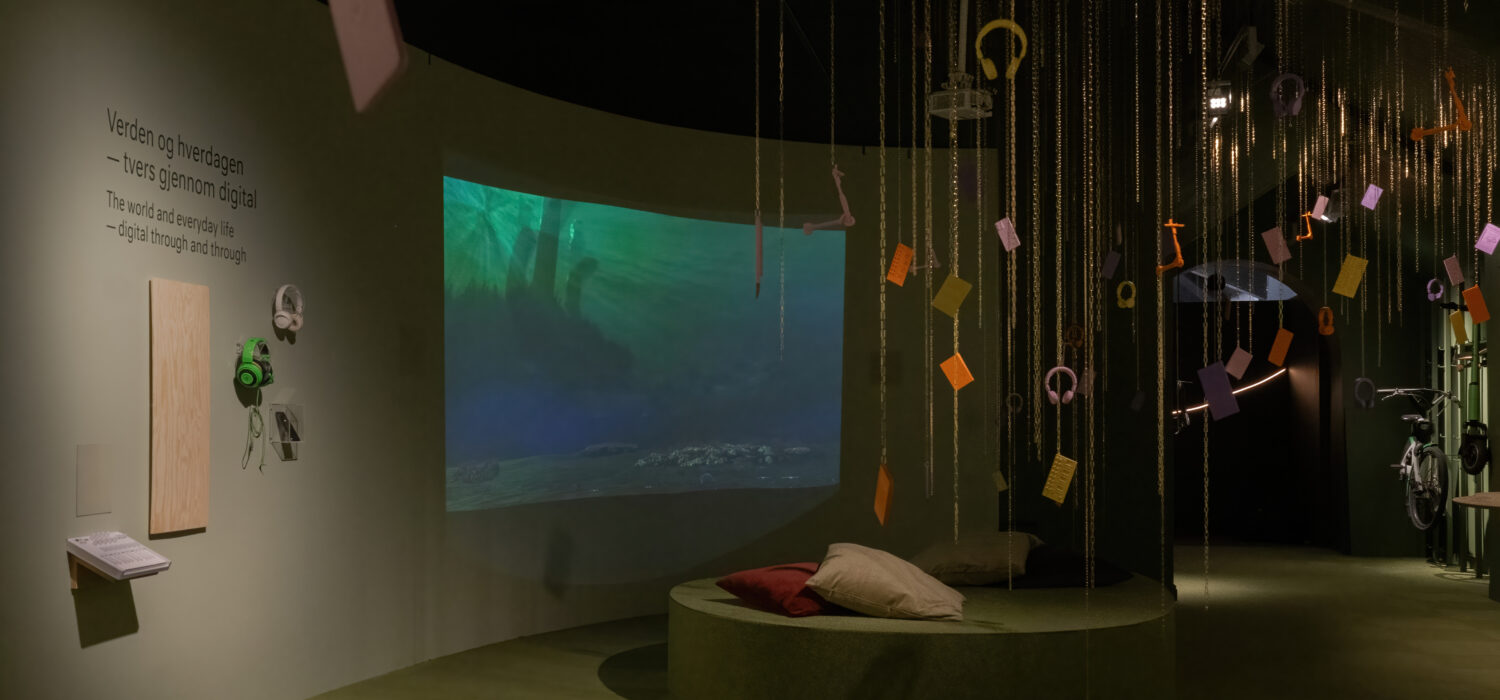21st century
A new century - and a new millennium. Would doomsday come? Would computer systems collapse? These questions were seriously posed, and the concern was real at the turn of the 21st century.
Fortunately, none of that happened, but the 2000s brought significant changes, almost revolutions, to people's lives. Living in the 2000s is entirely different from the lives of those who lived in Stavanger before us.
Technology and energy are the keywords. Digitalisation and electrification are revolutionising people's lives, all over the world – and thus also in Stavanger.
The World Wide Web, that is the internet, emerged during the 1990s. Every single day, most of us are connected to the internet for nearly as many hours as we sleep. Almost everything we do happens digitally or relies on digital technology. With a smartphone in our pocket, all the world's information is just a click away. Everything can be learned from the internet, and artificial intelligence answers our questions. Can we even manage without the internet?
Most of the 21st century still lies ahead of us. New digital tools that simplify our lives are perceived as progress. At the same time, life becomes more complicated when you are always online, always available. The algorithms know each one of us better than our family and close friends do.
Never have more people lived in Stavanger, in Norway, or in the world – and never have we been more closely interconnected, for better or for worse. We can keep daily contact with a best friend on the other side of the world, and global issues are intricately woven into our daily lives.
Perhaps the invisible, digital threads that bind us across continents also tie us more closely to the place we live, to the cobblestones under our feet, and the high sky over Stavanger? For the streets, the city, the waters, and the fjord remain as steadfast as before and still frame the lives of all who live here.
Over us lies a great seriousness – and a great opportunity – in combating global warming and threats to nature. Our collective will and ability to act – and our hope – are more important than ever.
